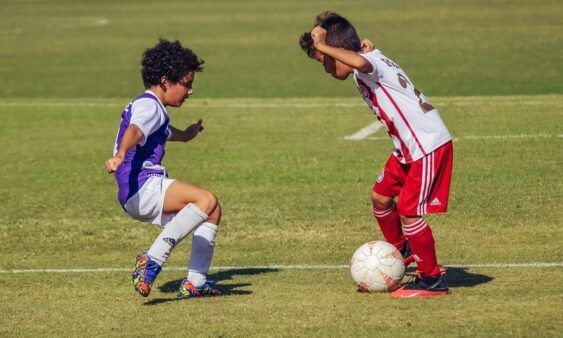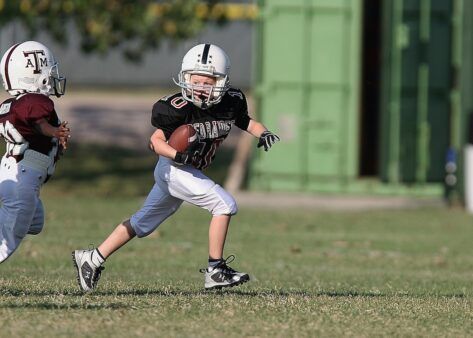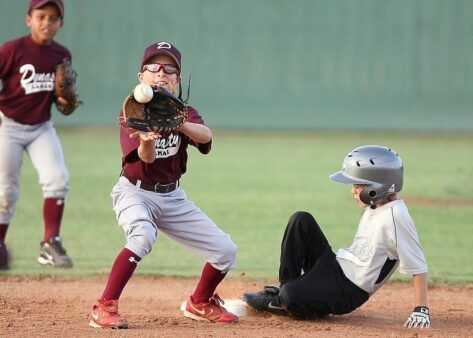Advertisement
How to Determine When to Allow Your Child to Play Sports
The question of when to allow kids to start playing sports is a complex one, as it depends on various factors including the child’s physical and emotional development, individual interests, and the type of sport in question. While there isn’t a one-size-fits-all answer, there are general guidelines and considerations to help determine the best age for a child to begin engaging in organized sports.

First and foremost, it’s crucial to recognize that every child is unique, and there is a wide range of developmental milestones. However, a common consensus among pediatric experts is that children can generally start participating in organized sports around the age of 3 to 6 years old. Here are some factors to consider:
Motor Skills Development
Younger children may have limited coordination and motor skills. Around age 3 or 4, many kids start to develop basic motor skills such as running, jumping, and throwing, making it a suitable time to introduce simple sports activities.
Interest and Readiness
Pay attention to your child’s interest in sports. Some children show enthusiasm for physical activities early on, while others may need more time to develop an interest. Pushing a child into sports before they are ready can lead to a negative experience.
Emotional Maturity
Consider your child’s emotional maturity and ability to follow instructions. Sports often involve teamwork, discipline, and the ability to handle both success and failure. Children who can understand and manage these emotions may be more ready for organized sports.

Type of Sport
Different sports have varying physical and skill requirements. Some sports, like soccer or T-ball, are designed to be introductory and can be suitable for younger children. Others, such as gymnastics or swimming, may be introduced a bit later.
Positive Environment
Ensure that the sports program provides a positive and supportive environment. Look for programs that emphasize skill development, teamwork, and fun rather than intense competition, especially at the early stages.
Balance with Free Play
While organized sports offer numerous benefits, it’s essential to balance them with free play. Unstructured play allows children to develop creativity, social skills, and a love for physical activity without the pressures associated with organized competition.
Parental Involvement
Consider the level of parental involvement required. Younger children may need more guidance and support from parents during sports activities. Choose sports that align with your comfort level and availability for involvement.

Health and Safety
Ensure that the chosen sport is safe for your child’s age group. Activities should be age-appropriate, and equipment should be sized accordingly. Emphasize the importance of warm-ups, proper technique, and hydration.
The best age for kids to start playing sports varies from child to child. It’s important to pay attention to individual readiness, interest, and developmental milestones. Starting with low-pressure, introductory activities and fostering a positive attitude toward physical activity can set the foundation for a lifelong enjoyment of sports. Always prioritize the well-being and happiness of your child in their sports journey.










